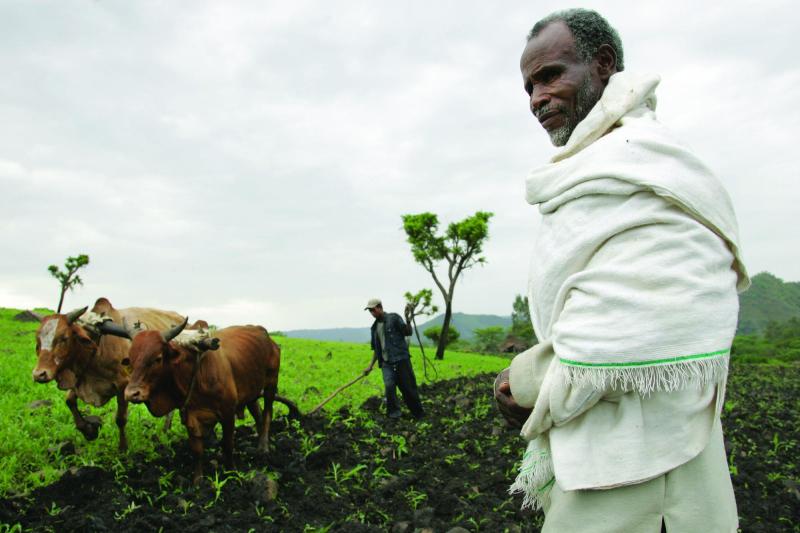How can development partners support food security in protracted crises?
This policy brief, developed for the UK’s 2023 Global Food Security Summit, summarises insights from recent SPARC research on how to bolster food security in countries affected by conflict and protracted crises.

What does meaningful support to bolster food security look like in countries affected by conflict and protracted crises?
This brief offers five key lessons from Supporting Pastoralism and Agriculture in Recurrent and Protracted Crises' (SPARC) research in the Sahel, Syria and Yemen: mostly semi-arid areas subject to protracted crises and conflict, sometimes exacerbated by natural disasters, where food crises and food emergencies threaten. Key insights include:
In most countries, domestic issues are more critical than external factors in determining food prices. This requires a shift of focus away from international commodity price increases and wars, towards domestic factors that determine food prices, such as local food production.
Support long-term food security with different solutions. There is no one-size-fits-all approach to bolstering the long-term food security of countries. When looking to build the long-term food security of countries, SPARC’s individual country studies of Somalia, Yemen and Ethiopia demonstrate how much local context matters, dominating any attempt to identify general patterns.
Support markets and trade, even in protracted conflict. In protracted crises, households and local communities largely get by through their own ability to cope – rather than depending on outside help, despite commendable efforts by humanitarian agencies. As such, more effort should be directed towards what allows local economies to function.
Recognise the possibilities, but also the limits, of anticipatory action. Any hope of preventing crises relies on a realistic appreciation of what can and cannot be achieved by different anticipatory actions and the time horizons that apply. Expecting anticipatory assistance from humanitarian action to achieve broader development – such as developing new economic opportunities and more resilient livelihoods – is hopelessly unrealistic – and unfair on humanitarian agencies and their staff.
Overlap agendas on food security, poverty, resilience and climate change. Ending food insecurity requires a mix of instruments which tackle underlying, structural crises. Tackling these long-term drivers of food insecurity is also critical in the context of climate change, which is exacerbating threats faced by people already living in chronically food-insecure situations. Actors from different disciplines – poverty, resilience, crisis and climate change – must speak a common language, share common goals and sit round the same table. Moreover, aid actors need to have long-term strategies that support the long-term preferences of people facing crisis, and to ensure that efforts which help people meet their short-term needs fit coherently into longer-term plans to build climate resilience.